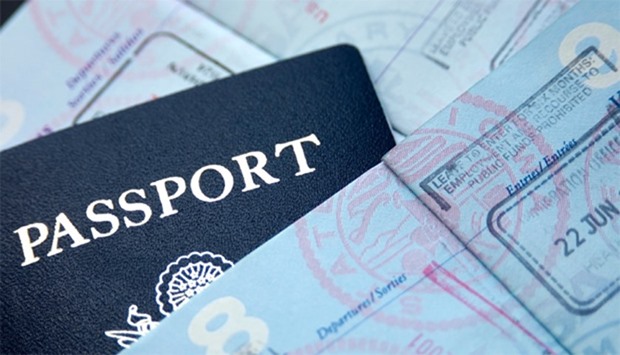Addressing the Doha International Centre for Interfaith Dialogue (Dicid)'s sixth roundtable for expatriate communities, Captain Abdulla Khalifa al-Muhannadi from the MoI's General Directorate of Border Passports and Expatriates Affairs said the ministry would hold a press conference before the enforcement of the law to announce the executive regulations of the legislation and explain its various articles.
He stressed that the new law abolishes the sponsorship system and replaces it with the job contract system in regulating the relationship between an expatriate worker and an employer, making penalties stricter for violations by employers. Further, the new legislation abolishes the two-year ban on expatriates who want to come back to the country on a new visa.
Law No 21 of 2015 was issued on October 27 last year.
The Dicid roundtable was held under the theme "Expatriate families in Qatar: opportunities and challenges".
The topic was discussed in the presence of representatives from a number of ministries, government entities, various communities and churches as well as specialists in expatriate matters in the country.
Dr Ibrahim bin Saleh al-Nuaimi, chairman of Dicid, stressed that the centre has put expatriate community issues on top of its priorities since its establishment. He said the discussions are aimed at enhancing community participation, acceptance of the other and a culture of tolerance and peaceful co-existence.
Sultan Ali al-Kuwari, vice-president of the Permanent Population Committee, said Qatar's population has increased by 23 times in around four decades and a half, amounting to 2,526,994 people on March 31 this year. He noted that some 85% of the country's population was productive.
Fawziya Al-Khater, director of the Education Institute at the Ministry of Education and Higher Education, stressed the keenness of the country to provide suitable educational options to all residents. She said independent schools admit children of Qataris and other GCC citizens, besides expatriates working for government departments, public entities and charities. These schools accept children of expatriates who work in the private sector but live in the external areas and villages where there are no private schools available.
She said the cost of books and other educational resources per student at an independent school amounts to QR30,000 a year, but expatriate parents pay only QR150. Similarly, transportation costs QR8,000 while the parent pays only QR300, it was observed.
There are 191 independent schools in the country with 108,000 students, 58% of whom are Qataris and 42% expatriates. Besides, there are 162 private schools and 87 private kindergartens. Some 172,000 children study there and only 18% are Qataris.
Most of the expatriate community representatives at the meeting agreed that the main challenges facing families were high housing rents and limited availability of free education, in addition to a general high cost of living. However, they stressed that families preferred staying in Qatar due to an atmosphere of peace and tolerance in the country and a high level of security.

